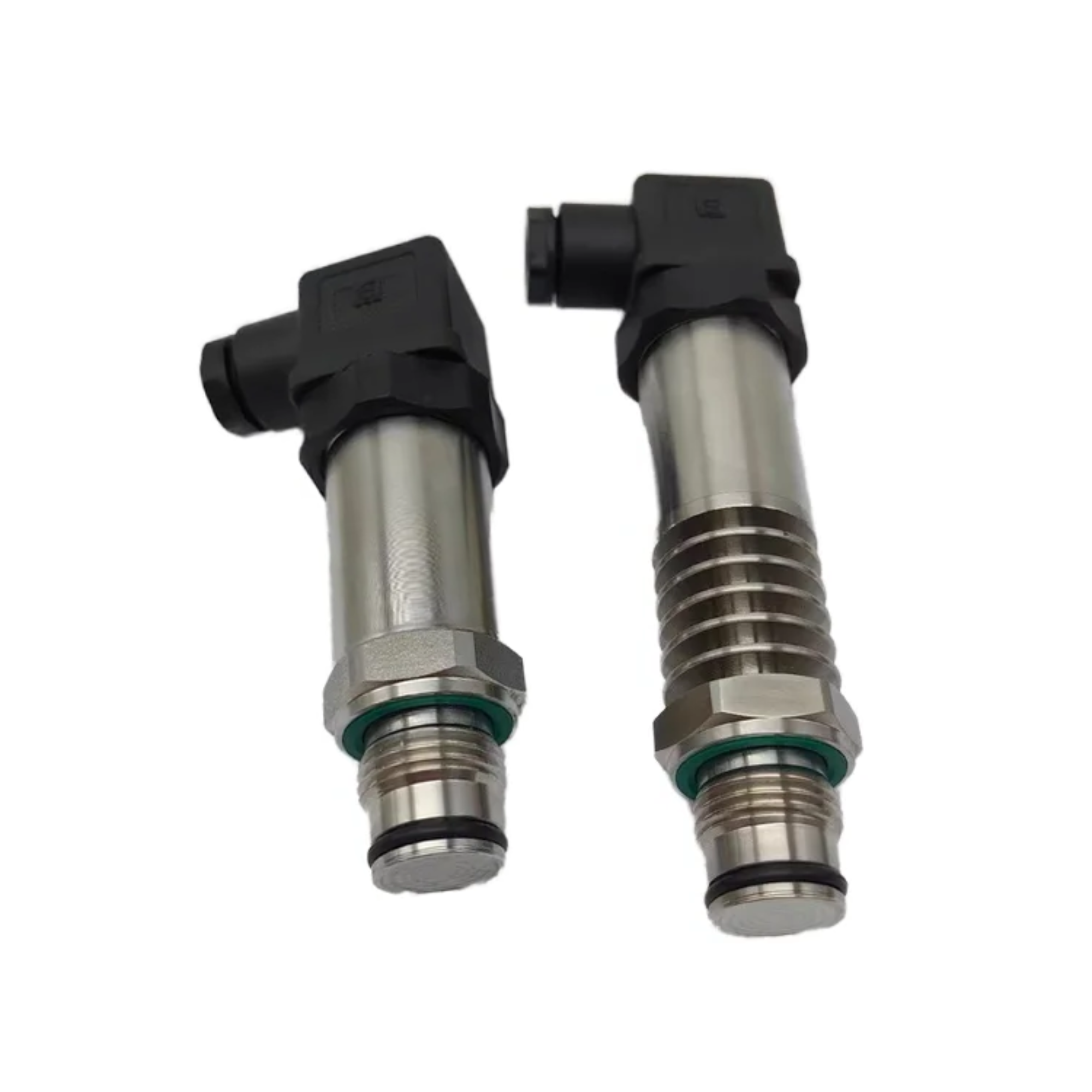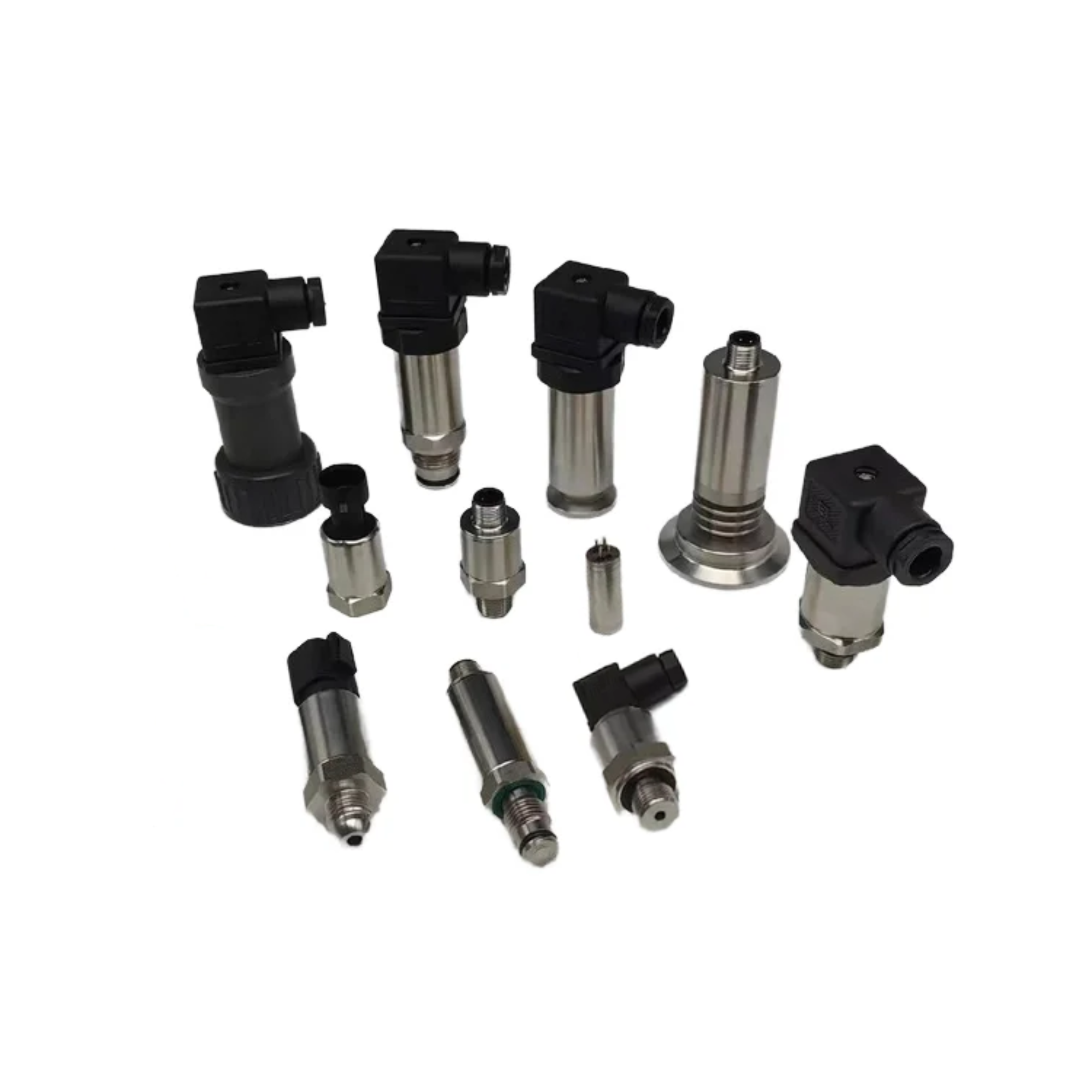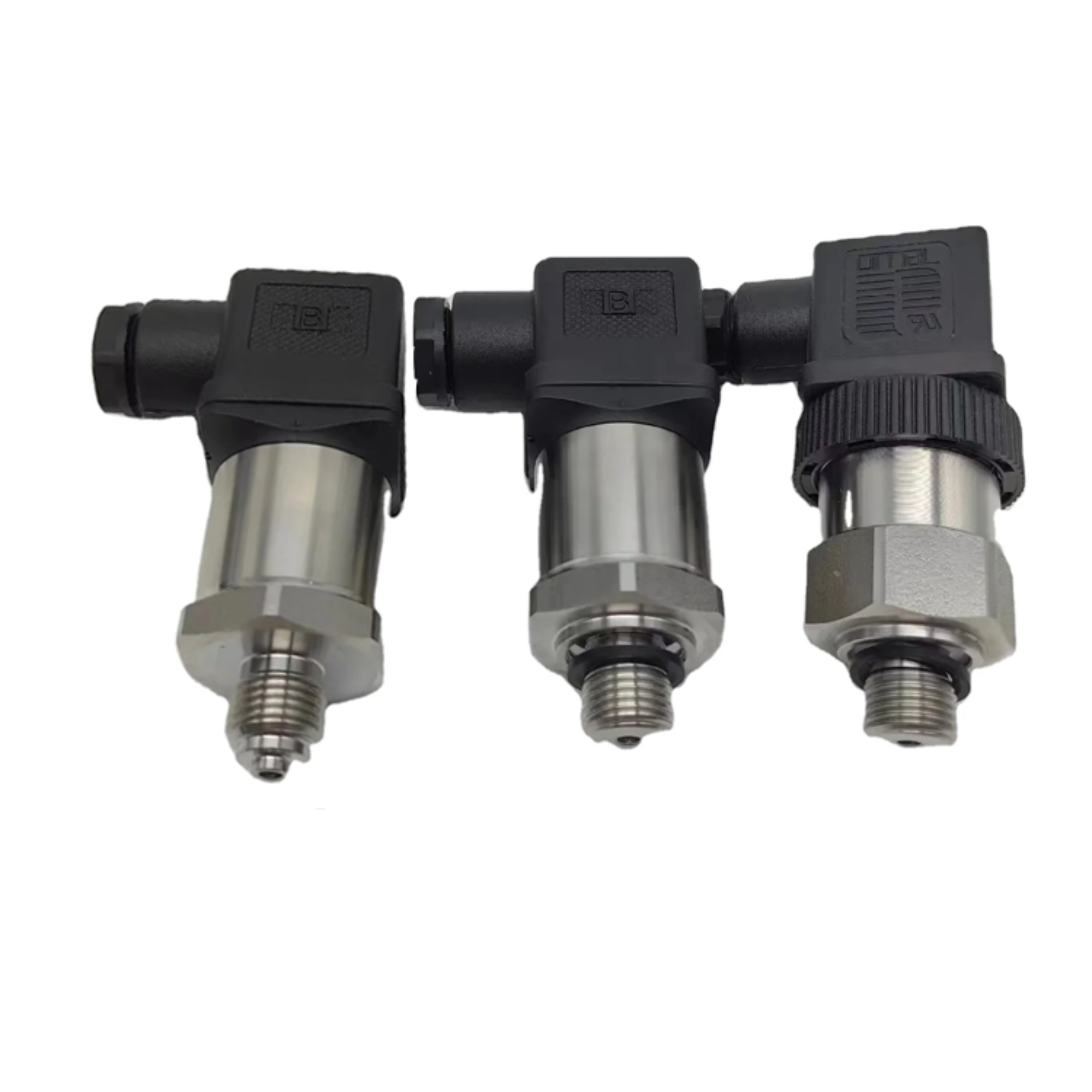Ang Gauge Pressure Transducer, Kamangha-manghang Lahat Nito: Ang Kaligtasan at ang Bahagi ng Kalidad
Kung hinahanap mo ang isang malakas at tahimik na paraan upang sukatin ang presyon sa iyong proyekto o industriyal na kagamitan, huwag nang hanapin pa. Ito ang gauge pressure transducer. Ang bagong sikat na ito ay maaaring mabisa at ligtas ding gamitin. Sa blog post na ito, gustong tulungan ka namin na maintindihan kung ano ang gauge pressure transducers at paano sila makakatulong sa maraming aplikasyon.
Gauge pressure transducer
Ang gauge pressure transducer ay isang uri ng aparato na sumusukat ng likido o gas kumpara sa hangin sa paligid. Mayroong resistor na sensitibo sa pwersa na maaaring i-attach sa isang bagay upang ipagmasda ang pagbabago ng presyon at itranslate ito sa elektrikal na senyal na madaling intindihin. Upang protektahin ito at siguraduhing hindi pinapalubog ang sensing element, inilalagay ang protective cover dito.
Mga Benepisyo ng Gauge Pressure Transducers:
Kumpara sa tradisyonal na pressure gauge, ang mga benepisyo ng isang scleroscope ay malinaw. Ang kanyang katumpakan (sa karamihan ng mga model) ay isang nakakatindig na katangian - palagi silang nasa tuktok ng aming mga resulta - patungo sa napakababang presyon, at buong libreng walang anumang epekto mula sa temperatura o pamumuo. Hindi lamang ito, subalit maaaring magtagal pa ang mga transducer na ito dahil hindi sila magsasaya tulad ng mekanikal na gauge.
Sa dagdag pa rito, kilala sila dahil sa kanilang katumpakan kumpara sa mga mekanikal na gauge na maaaring makahiya sa pinakamaliit na pagbabago ng presyon. Ang mga ito ay gumagawa ng kanila bilang paborito para sa maikli kritikal na aplikasyon kung saan ang katumpakan ay pinakamahalaga. Sa dagdag pa rito, may user-friendly na interface ang mga transducer na ito at maaaring madaliang imbakuhang walang tulong ng iba pang kapangyarihan o signal conditioners.
Ang seguridad ay pinakamahalaga sa anumang industriyal na kapaligiran. Siguradong nagbibigay ng seguridad ang mga gauge pressure transducers sa pamamagitan ng pagtanggal ng kinakailangan ng tao upang basahin ang presyon. Ipinagawa sila upang makatiyak sa mga malubhang klima tulad ng mainit na temperatura, malakas na shock o ekstremong paguugong. Sinlaki ang mga transducers ito talagang hermetikal o IP-rated na katawan upang maiwasan ang dust at tubig mula pumasok sa loob ng device.

Walang hanggan ang langit para sa mga transducer ng gauge pressure na may maraming aplikasyon sa mga larangan tulad ng mga sistemang hidrauliko, planta ng pagproseso ng tubig, mga pabrika ng pagproseso ng kimika at HVAC. Mga Karaniwang Aplikasyon Ang mga transducer na ito ay maaaring sukatin ang presyon ng gas, likido kahit na korosibong medium. Sa halip, sila ay mahalaga sa pagsukat ng pag-oscilate ng presyon sa mga motoryang bahagi ng makinarya o storage bin hosts.
Paano gamitin:
Ang proseso ay talagang medyo simple sa paggamit ng ilang mga transducer ng gauge pressure. Una, kailangang ipakahulugan kung ano ang iyong kinakailang antas ng presyon para sa pagsukat. Pagkatapos, i-konekta ang transducer sa isang sistema o aparato na kailangang monitorin. Kasunod nito, gumagawa ang transducer ng isang elektrikal na signal na katumbas ng halaga ng presyon at maaaring ilagay sa isang display, device ng koleksyon ng datos o controller para sa mga input na gagamitin sa pangunguna at pagsusuri ng natanging impormasyon.

Tulad ng anumang iba pang instrumento ng precisions, kinakailangan ang regular na kalibrasyon at pamamahala para sa mga transducer ng gauge pressure upang panatilihing tumpak at mabuting pagganap. Ang lahat ay may kinalaman sa mga proseso ng kalibrasyon na ginagawa upang masuri ang mga babasahin ng transducer kasama ang mga tunay na halaga ng presyon at ilang hakbang na ginagawa para sa layunin ng pamamahala, pagsiguradong walang mga isyu tulad ng pinsala sa sensor o dumi. Ito ay mga pangunahing gawain kung saan maaaring ipag-subok ang mga propesyonal na tagapaghanda upang gawin ito.

Ang pag-aakquire ng mga gauge pressure transducer ay nag-uugnay na pumili ka ng mga wastong tool na maaaring maghandla ng iyong mga pangangailangan, at dahil dito, kinakailangang tandaan ang ilang pangunahing aspeto; mataas na kalidad. Mabigat na Gawa **Hanapin ang mga transducer na nag-aalok ng mas mataas na katumpakan, mas malawak na saklaw ng pagsuporta at mahabang oras ng serbisyo. Sa halip, isipin mo rin sino ang tagapagbibigay, kung gaano sila matitiwalaan at ano ang mga garanteng o feedback mula sa iba pang mga customer. Maraming mga supplier ang magpapakita ng isang sample o demonstrasyon ng kanilang transducer upang bigyan ka ng ideya kung paano ito gumagana, at kung ang unit na ito aykop para sa iyong mga sukatan.
Mga unibersidad, instituto ng pag-aaral gauge pressure transducer batay na teknolohiya pangunahing mga clien ng aming flowmeter. Ito ay nagtatayo ng serbisyo higit sa 20,000 mga customer sa buong mundo eksporta higit sa 60 mga bansa.
kabataan ng pabrika ay 3000 metro kwadrado at anim na produkto gamit, higit sa 40 gauge pressure transducer produkto higit sa 100 mga modelo. Ang mga ito ay ginagamit sa mga lugar tulad ng tubig semikonductor, pang-ekolohiya na proteksyon, metallurgy, petroleum, likas na gas pampelikula.
kompanya sertipiko tulad ng ISO9001, CE SGS. pati na, ito ay may ilang mga patent, tulad ng gauge pressure transducer flow meters orifice, mataas na temperatura analisis ng kalidad ng tubig na ekipamento, na pinapasok ng eksklusibong intellectual property rights.
ang pangunahing mga produkto na inofer ng kumpanya ay kasama ang ultrasonic flow meters, electromagnetic flow meters, vortex flow meters, differential pressure flow meters floatinggauge pressure transducer pressure transmitters, liquid level transmitters, gas analyzers, thermocouples waterquality analyzers.
Maraming aplikasyon ang mga gauge pressure transducers sa maraming industriya dahil sa kanilang kagamitan. Kasama sa mga aplikasyon ay ang pagsusuri sa presyon ng refrigerant, hangin at kondisyon ng filter sa mga sistema ng HVAC. Sa industriya ng langis at gas, ginagamit sila upang sukatin ang kadalasan ng pagdrill, presyon ng wellhead o kondisyon ng pipeline. Nagbubukod ang mga tratamentong planta ng tubig mula sa mga transducers na ito upang ipagpalibot ang rate ng pamumuhunan, pagsusuri sa pagbabago ng presyon at tatakbo sa dulo ng madla. Mga halimbawa nito ay ang pagsusuri sa presyon ng banta, pag-sense sa presyon ng motor oil at kondisyon-sensing ng sistemang pagpapahinto sa mga automotive application. Gayunpaman, sa mga aplikasyon ng aerospace kinakailangan ang mga transducers na ito upang makakuha ng presyon ng fuel tank at matukoy ang altitude o antas ng presyon ng cabin.
Copyright © Weibao Information Technology (Shanghai) Co,Ltd. All Rights Reserved